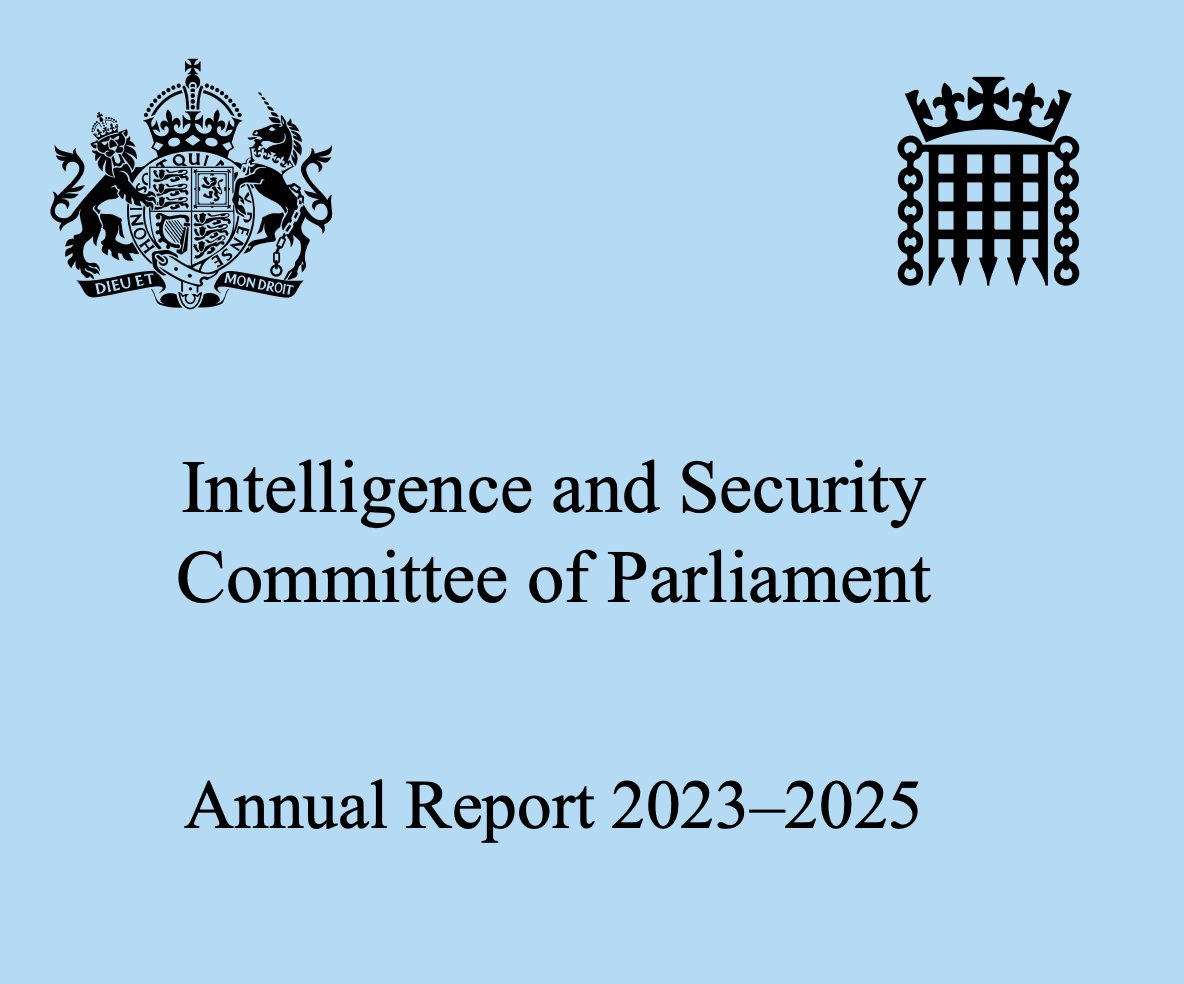🧵 I want to highlight some papers, studies and other sources that sparked useful thoughts and helped with this special report. https://t.co/HZikd3H7sr

https://twitter.com/shashj/status/1675798205471113219

The first is podcasts, above all @WarOnTheRocks' output, including the regular @KofmanMichael chats () and Peter Roberts' @TMWpodcasts (https://t.co/VLDCwSiHuv).warontherocks.com/premium/therus…
podcasts.apple.com/gb/podcast/thi…
podcasts.apple.com/gb/podcast/thi…
Second is the outstanding series of RUSI papers on Ukraine, which set a new bar for rigorous analysis of an ongoing war:
-
- https://t.co/kCMoWx3Sf7
- https://t.co/6s3LaWuJM2
- https://t.co/KwHvx66aoz
- https://t.co/YfL4Lrre6s
- https://t.co/Om0yvmC4nSrusi.org/explore-our-re…
rusi.org/explore-our-re…
rusi.org/explore-our-re…
rusi.org/explore-our-re…
rusi.org/explore-our-re…
rusi.org/explore-our-re…
-
- https://t.co/kCMoWx3Sf7
- https://t.co/6s3LaWuJM2
- https://t.co/KwHvx66aoz
- https://t.co/YfL4Lrre6s
- https://t.co/Om0yvmC4nSrusi.org/explore-our-re…
rusi.org/explore-our-re…
rusi.org/explore-our-re…
rusi.org/explore-our-re…
rusi.org/explore-our-re…
rusi.org/explore-our-re…
This RUSI report, looking at preliminary lessons from Feb-July last year, is one I come back to again and again. Its core message is one I hear again and again. "There is no sanctuary in modern warfare. The enemy can strike throughout operational depth."
https://t.co/Y3uK3ibMDbstatic.rusi.org/359-SR-Ukraine…

https://t.co/Y3uK3ibMDbstatic.rusi.org/359-SR-Ukraine…

.@WarOnTheRocks has published too many good Ukraine-lessons pieces to document here. I'd pick out:
-
- https://t.co/RrIGncPk8W
- https://t.co/nIXRBRvRiJ
- https://t.co/X9rvWHbPoY
- https://t.co/yHj3Q6RE03
-https://t.co/x5eHBdTRuP
- https://t.co/Cf5tvHbv30warontherocks.com/2023/01/americ…
warontherocks.com/2022/05/would-…
warontherocks.com/2022/08/ending…
warontherocks.com/2022/08/ending…
warontherocks.com/2023/04/bind-u…
warontherocks.com/2022/11/ukrain…
warontherocks.com/2023/06/what-t…
-
- https://t.co/RrIGncPk8W
- https://t.co/nIXRBRvRiJ
- https://t.co/X9rvWHbPoY
- https://t.co/yHj3Q6RE03
-https://t.co/x5eHBdTRuP
- https://t.co/Cf5tvHbv30warontherocks.com/2023/01/americ…
warontherocks.com/2022/05/would-…
warontherocks.com/2022/08/ending…
warontherocks.com/2022/08/ending…
warontherocks.com/2023/04/bind-u…
warontherocks.com/2022/11/ukrain…
warontherocks.com/2023/06/what-t…
.@nicolange_'s paper for @GLOBSEC, published in February, is another outstanding survey of what Ukraine has been doing right. He emphasises areas in which NATO countries would find it hard to emulate Ukrainian practices for various reasons.
https://t.co/8DQuBYFNe9globsec.org/sites/default/…

https://t.co/8DQuBYFNe9globsec.org/sites/default/…

Sweden's @FOIresearch team (including @MansRAD, @niklas_granholm) have produced very good output on Russia-Ukraine, including a study last summer () and more recently a forward-looking anthology (https://t.co/3sGivzdPKM).foi.se/rapportsammanf…
foi.se/en/foi/reports…
foi.se/en/foi/reports…
.@HoansSolo, among other good writing, has reflected on the ways in which Ukraine might offer false or misleading lessons for a war over Taiwan. He disagrees with one of the points I emphasise in the special report—that defence is likely to dominate. https://t.co/genq3KWlZ1foreignpolicy.com/2022/11/02/les…


Ben Barry for @IISS_org looks at some of the lessons for land war. He points to the basics: "The war reminds us that the prime requirement for armed forces is competence."
https://t.co/BjVi9Yq7WAiiss.org/globalassets/m…

https://t.co/BjVi9Yq7WAiiss.org/globalassets/m…

Israeli analysis has been good at putting the war into perspective, particularly in picking out the ways it echoes typical land wars of the past:
Here's one piece by Eado Hecht:
And another below by @Eyal_Berelovich https://t.co/bDHp5iKEyq https://t.co/WrRsNHbZhobesacenter.org/the-russo-ukra…
idf.il/%D7%90%D7%AA%D…


Here's one piece by Eado Hecht:
And another below by @Eyal_Berelovich https://t.co/bDHp5iKEyq https://t.co/WrRsNHbZhobesacenter.org/the-russo-ukra…
idf.il/%D7%90%D7%AA%D…


Estonia's defence ministry has been a consistently pragmatic voice on the war, warning of Russian military strength even when others have played it down. Some of their assessments seem a bit pessimistic to me, but always worth reading: https://t.co/IahY1cfLbbkaitseministeerium.ee/sites/default/…


.@peterwsinger looks at the technologies in use in Ukraine. "So too in Ukraine, we have seen similar examples of new technology in use—not drastically shaping the fighting, but providing signs of what’s to come." newamerica.org/international-…
I don't touch on cyber lessons in this report, but see:
-
- https://t.co/iyldQOCD94
- https://t.co/r7eJzskjtV
- https://t.co/oR9U2W05vd
- https://t.co/iPara6W94J
- https://t.co/XUssJAGgNl
- And of course our piece from November: https://t.co/P7wWqh1ULOswp-berlin.org/publications/p…
carnegieendowment.org/programs/techn…
iiss.org/research-paper…
eccri.eu/wp-content/upl…
tandfonline.com/doi/full/10.10…
blog.google/threat-analysi…
economist.com/science-and-te…
-
- https://t.co/iyldQOCD94
- https://t.co/r7eJzskjtV
- https://t.co/oR9U2W05vd
- https://t.co/iPara6W94J
- https://t.co/XUssJAGgNl
- And of course our piece from November: https://t.co/P7wWqh1ULOswp-berlin.org/publications/p…
carnegieendowment.org/programs/techn…
iiss.org/research-paper…
eccri.eu/wp-content/upl…
tandfonline.com/doi/full/10.10…
blog.google/threat-analysi…
economist.com/science-and-te…
We've also spoken to officials on what lessons they are drawing:
- @PedderSophie & I interviewed France's top general:
- @BWallaceMP on how defence review will reflect lessons: https://t.co/hfnmQeZgso
- JIC chair on intel lessons: https://t.co/zrSy9dSPc6 https://t.co/1Ix88EzdZAeconomist.com/europe/2023/06…
economist.com/britain/2023/0…
economist.com/britain/2023/0…

- @PedderSophie & I interviewed France's top general:
- @BWallaceMP on how defence review will reflect lessons: https://t.co/hfnmQeZgso
- JIC chair on intel lessons: https://t.co/zrSy9dSPc6 https://t.co/1Ix88EzdZAeconomist.com/europe/2023/06…
economist.com/britain/2023/0…
economist.com/britain/2023/0…

.@defpriorities has a good symposium from Feb on lessons, many from experts of a more realist bent. @AngelaStent: "The most important lesson U.S. strategists and policymakers should take away from Russia’s invasion of Ukraine is that deterrence failed."
defensepriorities.org/symposium/less…
defensepriorities.org/symposium/less…
On resilience, society and total defence: Hannah Shelest on Ukraine's "third way", between the "whole-of-society" approach (Sweden, Finland, etc) and the big-power highly centralised approach (US, Russia, China). "Europeans should learn from this." https://t.co/Xqiyypu4suecfr.eu/publication/de…


On logistics lessons from Ukraine:
-
- https://t.co/Itjz7ejEUY
- https://t.co/jtshcbVyGt
- https://t.co/PQYj9T64M5
- https://t.co/Itjz7ejEUY
- https://t.co/LOFiLcYBljicds.ee/wp-content/upl…
mwi.usma.edu/logistics-dete…
csis.org/analysis/europ…
sldinfo.com/2023/04/the-re…
mwi.usma.edu/logistics-dete…
cnas.org/press/press-re…
-
- https://t.co/Itjz7ejEUY
- https://t.co/jtshcbVyGt
- https://t.co/PQYj9T64M5
- https://t.co/Itjz7ejEUY
- https://t.co/LOFiLcYBljicds.ee/wp-content/upl…
mwi.usma.edu/logistics-dete…
csis.org/analysis/europ…
sldinfo.com/2023/04/the-re…
mwi.usma.edu/logistics-dete…
cnas.org/press/press-re…
Finally, though I will have a proper sources & acknowledgments section up shortly, I want to thank the many people who anonymously shared their insights with me for this special report—in particular the Ukrainian experts & officials generous with their time & wisdom in Kyiv.
I'll add some as they occur to me. @AmosFox6 in RUSI Journal: "today’s technological investments accelerate the death of manoeuvre while increasing the possibility of replicating [WW1] battlefields [eg] Somme, Ypres & Verdun—static, defensive, destructive" https://t.co/i58yqldWp4tandfonline.com/doi/full/10.10…


• • •
Missing some Tweet in this thread? You can try to
force a refresh










